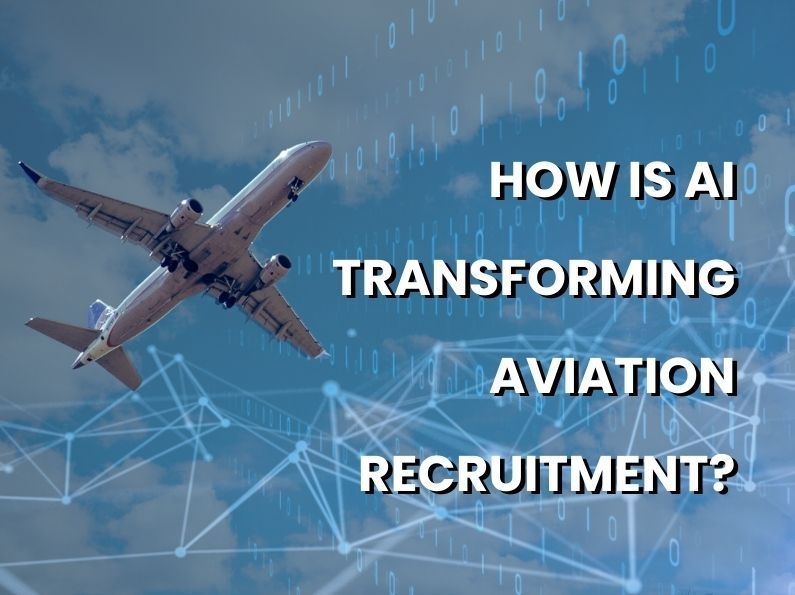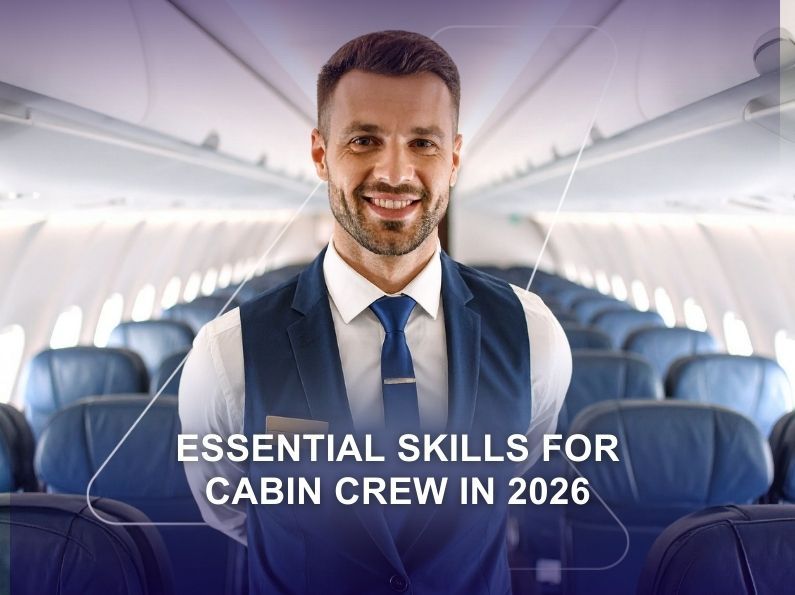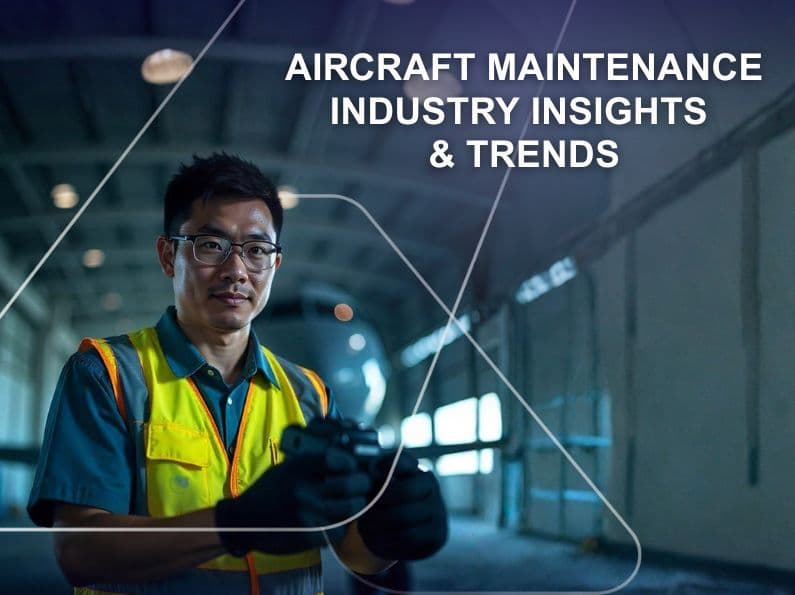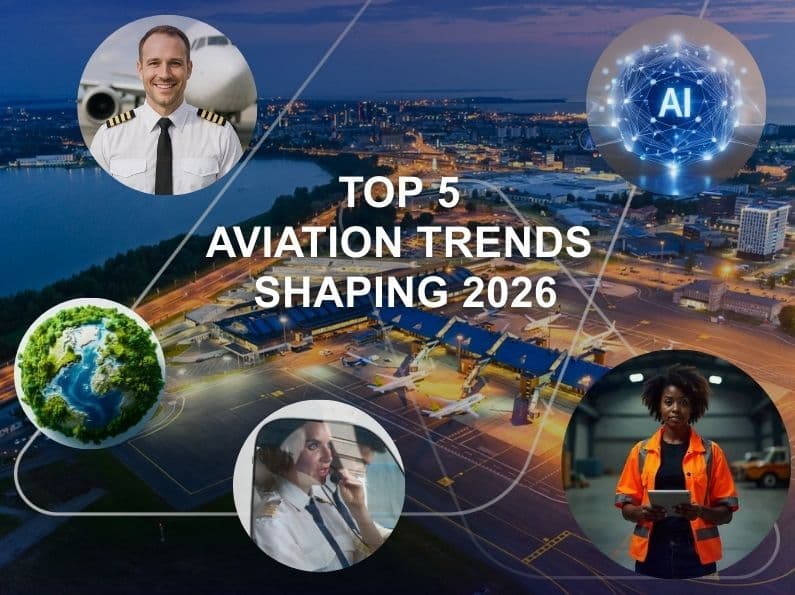How AI is Transforming Aviation Recruitment: From CV Scanning to Smarter Talent Matching
Recruitment in aviation has always been complex. Airlines and service providers manage a high volume of applications across diverse roles such as pilots, cabin crew, engineers, and ground staff, while balancing strict regulatory requirements, safety standards, and operational needs. Now, with artificial intelligence (AI) entering the hiring process, the way we attract, filter, and retain aviation talent is rapidly evolving.

At MHC Aviation, we’ve seen firsthand how technology is transforming recruitment. Here are some of the most significant changes AI is driving in aviation hiring today.
1. Smarter CV Screening
Gone are the days of manually reviewing thousands of resumes. AI-driven Applicant Tracking Systems (ATS) now scan CVs in seconds, identifying relevant qualifications, licenses, and experience levels. For example, if an airline requires A320 type-rated captains or technicians with specific EASA/FAA certifications, AI filters instantly highlight candidates who meet those exact criteria.
👉 Benefit: Recruiters save time and focus on engaging the most suitable candidates rather than drowning in paperwork.
2. Keyword Optimization: The Hidden Gatekeeper
Most CVs today are first read by algorithms, not humans. AI tools are programmed to look for specific keywords such as aircraft types, flight hours, safety training, or language proficiency, that match the job description.
Candidates should take great care in crafting CV’s with the right aviation-specific keywords as it can determine whether your application makes it to a recruiter’s desk.
Recruiters must carefully word job ads so as to attract, not exclude, the right talent.
3. Predictive Talent Matching
Beyond qualifications, AI analyzes data patterns to predict candidate suitability. For instance, an AI system might identify that pilots with a certain training background and career path tend to stay longer with regional carriers. Or it may flag engineers with specific experience as strong candidates for rapid promotion.
👉 Benefit: Airlines can reduce turnover by hiring candidates who are more likely to succeed and stay in the role long term.
4. Bias Reduction (When Done Right)
Traditional recruitment risks unconscious bias; focusing on certain universities, airlines, or even nationalities. AI, if programmed ethically, can reduce this by evaluating candidates purely on skills and credentials. However, the reverse is also possible: biased data can reinforce existing inequalities.
👉 Recruiter Responsibility: Human oversight is essential to ensure AI is used fairly and inclusively.
5. A More Personalized Candidate Journey
AI chatbots and digital assistants are now handling first-stage candidate communication, answering FAQs, scheduling interviews, and updating applicants on their progress. This creates a smoother experience and helps candidates feel more engaged with the employer brand.
👉 Benefit: Aviation professionals applying for jobs receive faster responses and clearer guidance, improving the overall recruitment experience.
AI is not replacing recruiters, it’s empowering them. By automating repetitive tasks like CV scanning, keyword matching, and scheduling, AI frees HR teams to focus on what truly matters: building relationships, assessing cultural fit, and ensuring safety and compliance remain central to aviation careers.
At MHC Aviation, we believe the future of recruitment lies in a hybrid model: AI for efficiency, humans for judgment and empathy. That combination will ensure airlines and professionals alike find the right fit in this fast-evolving industry.



